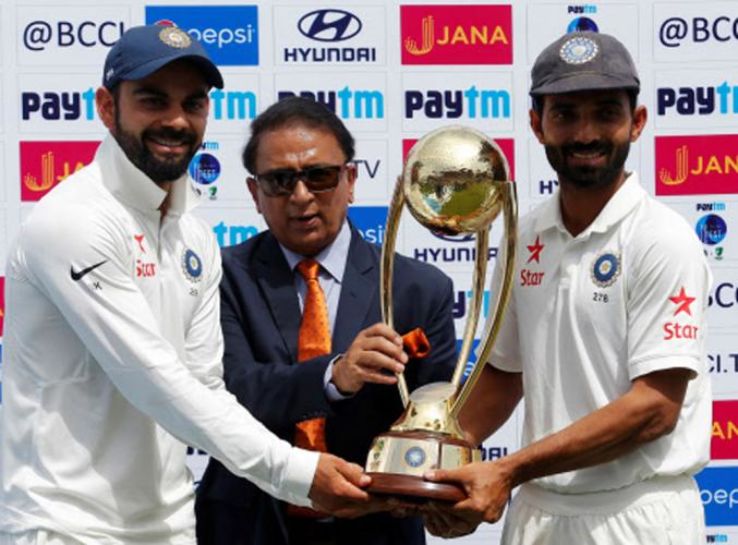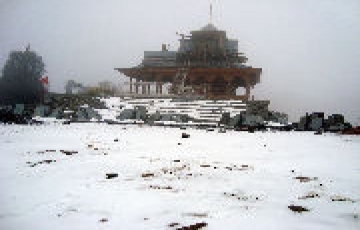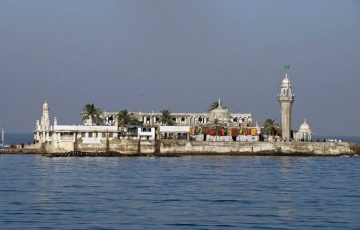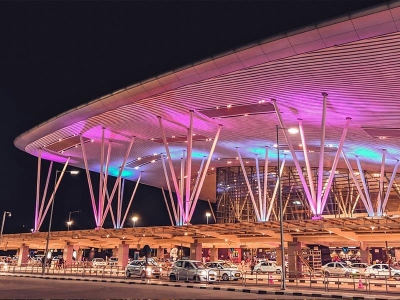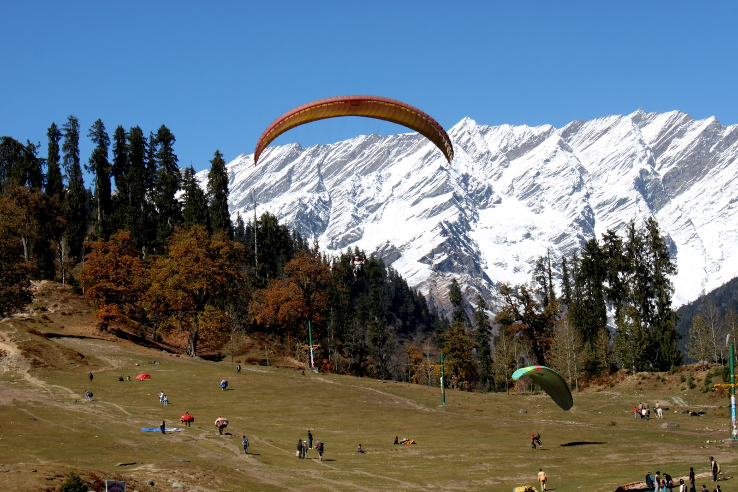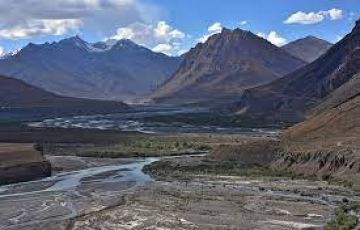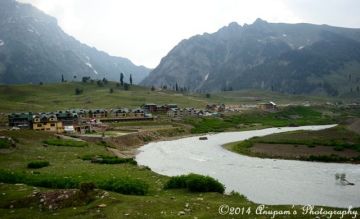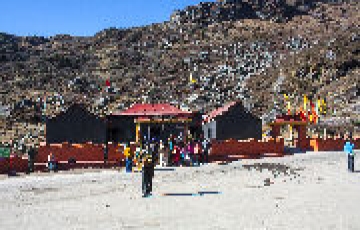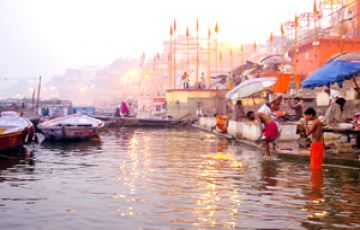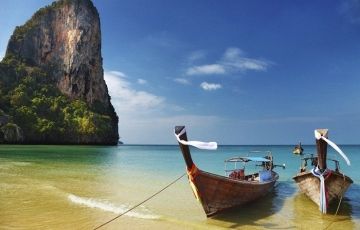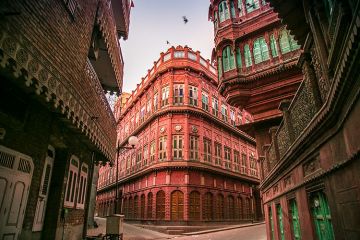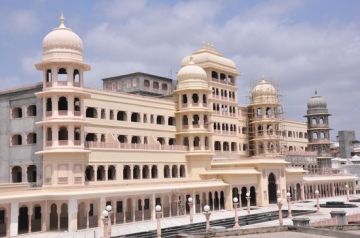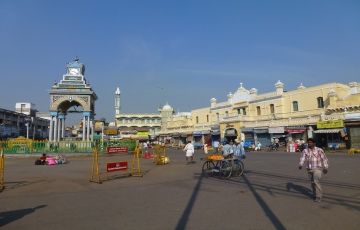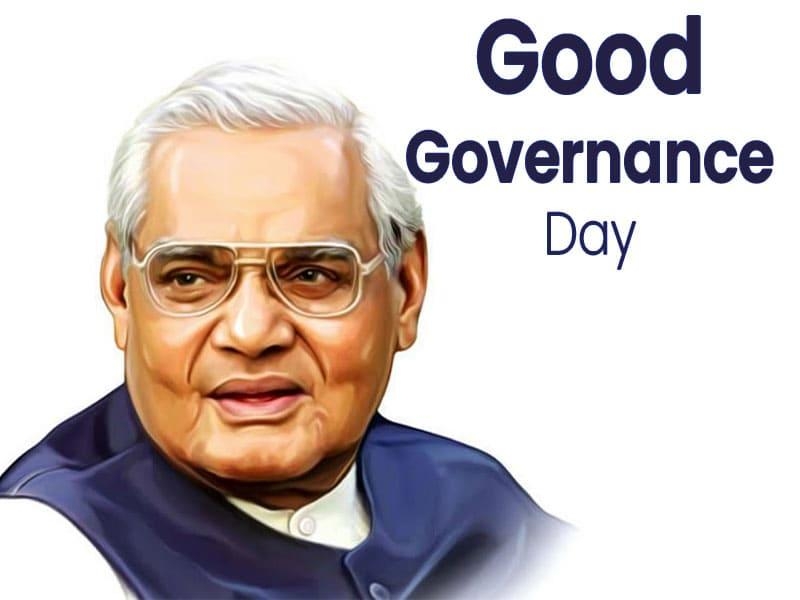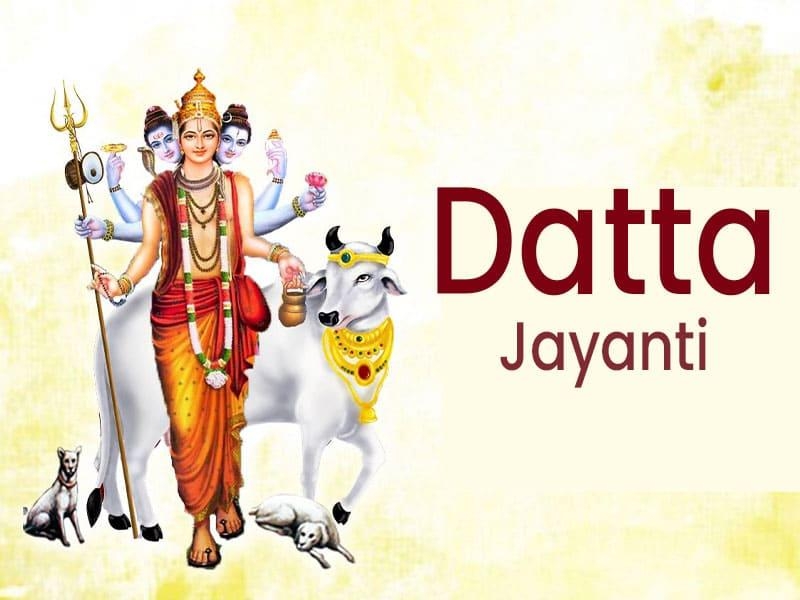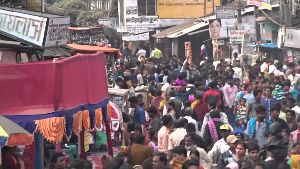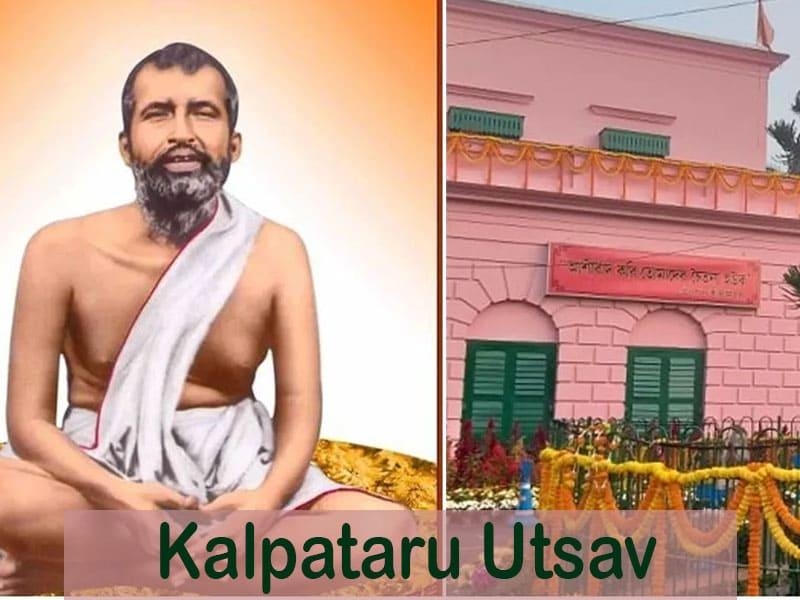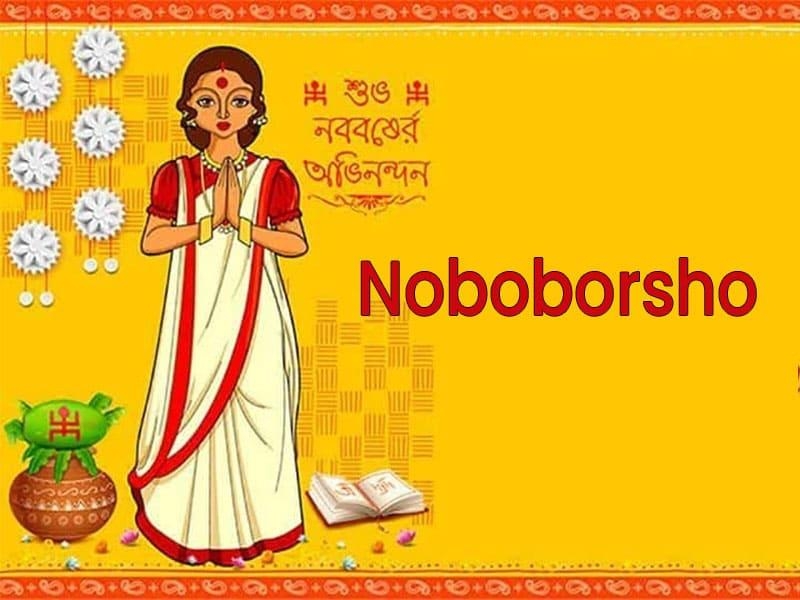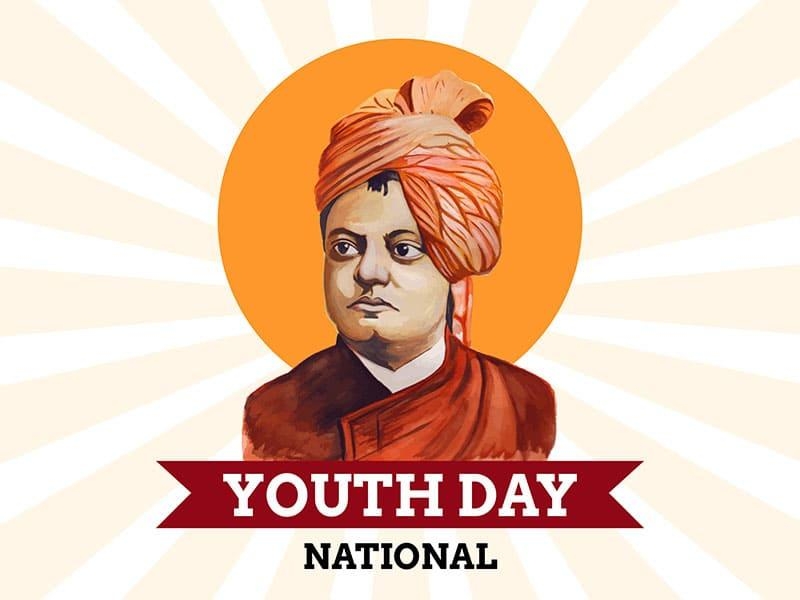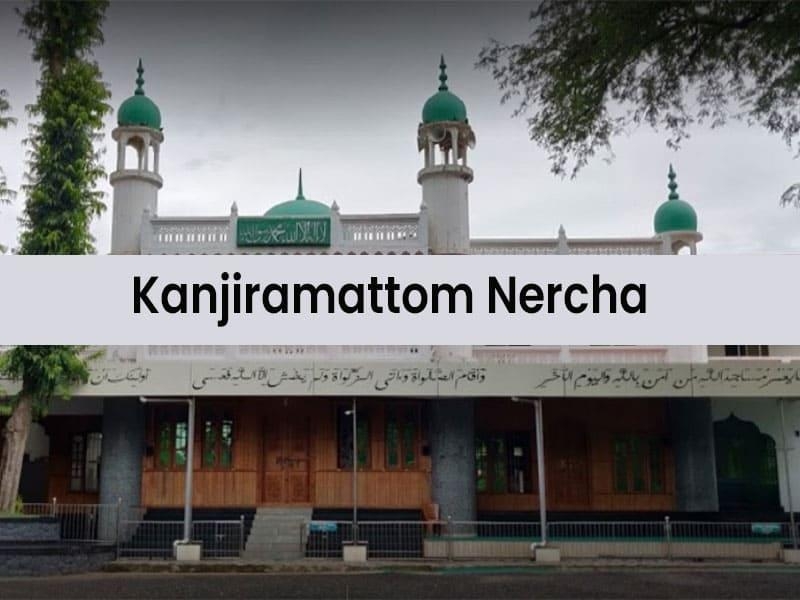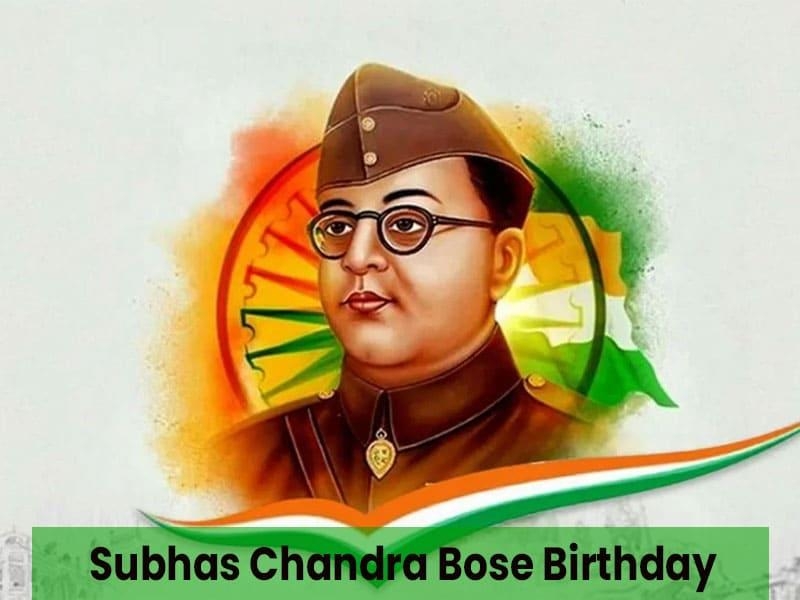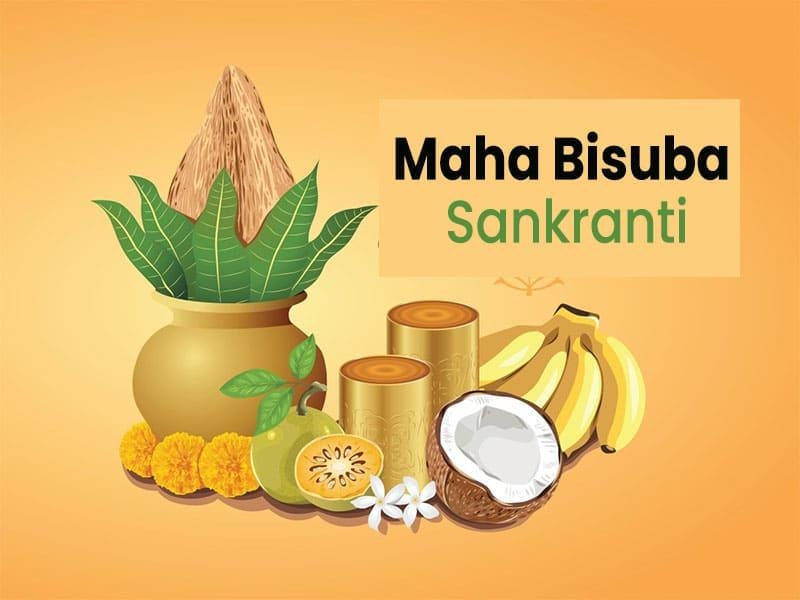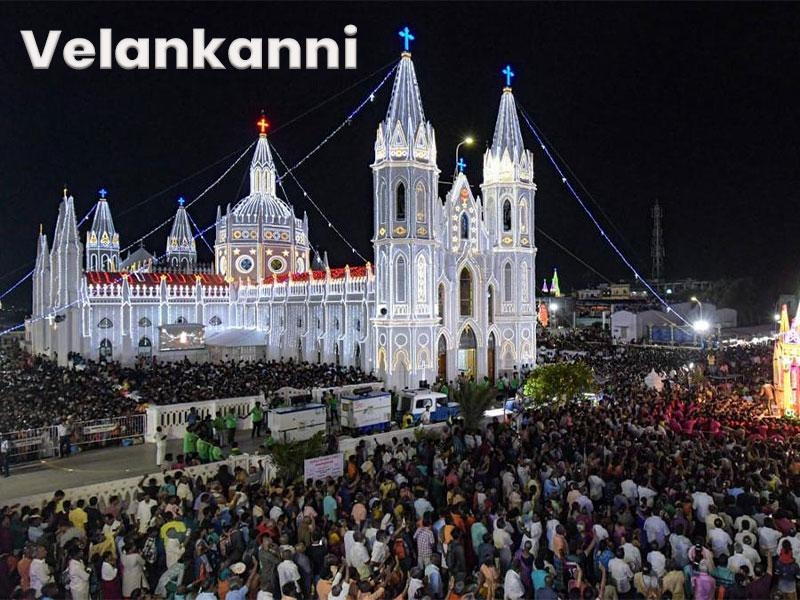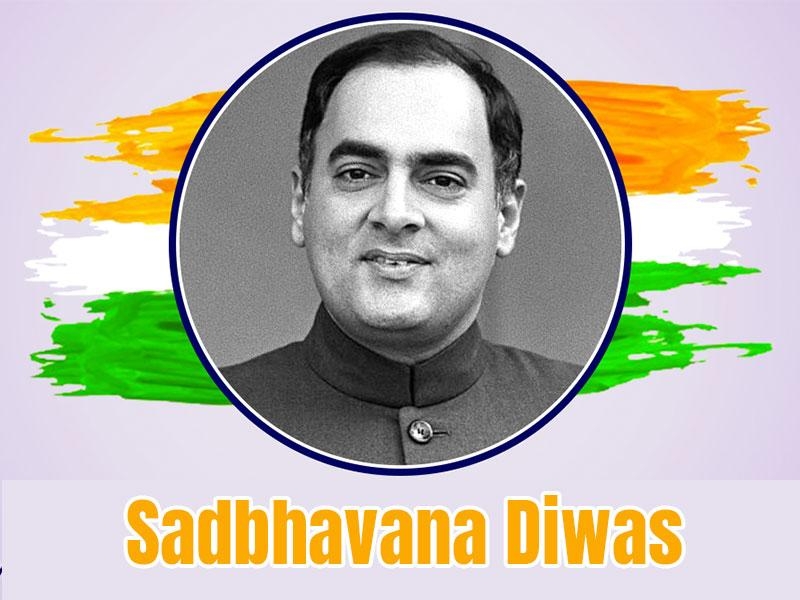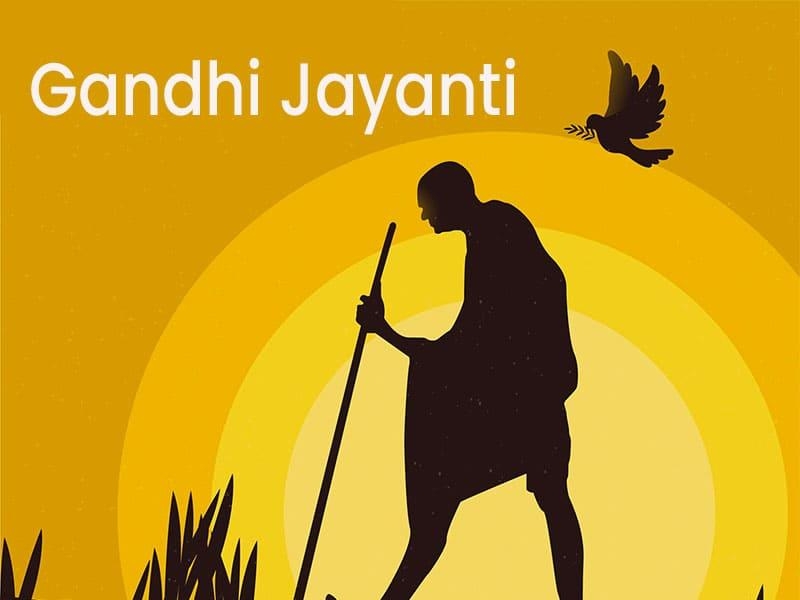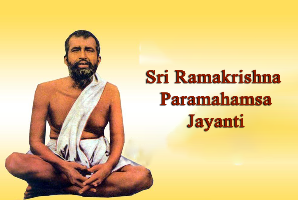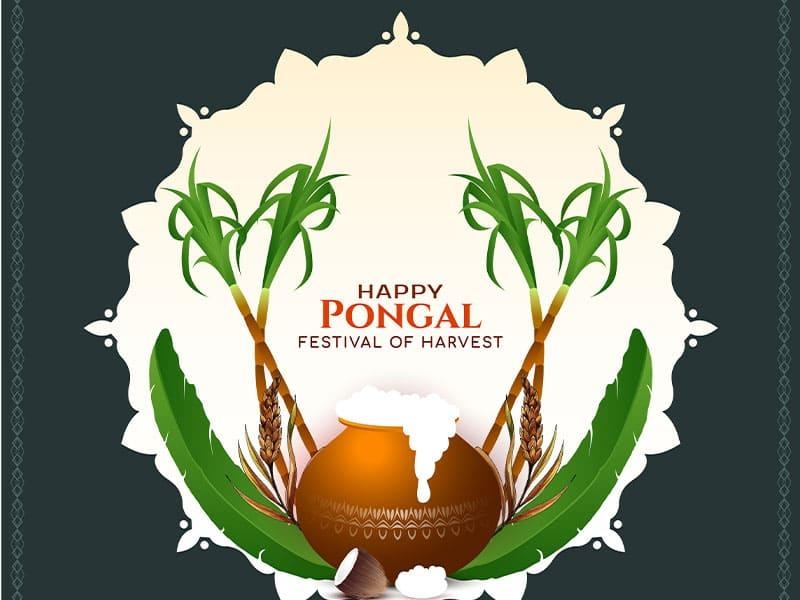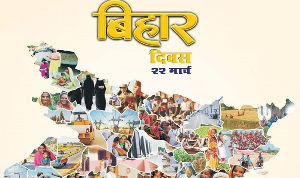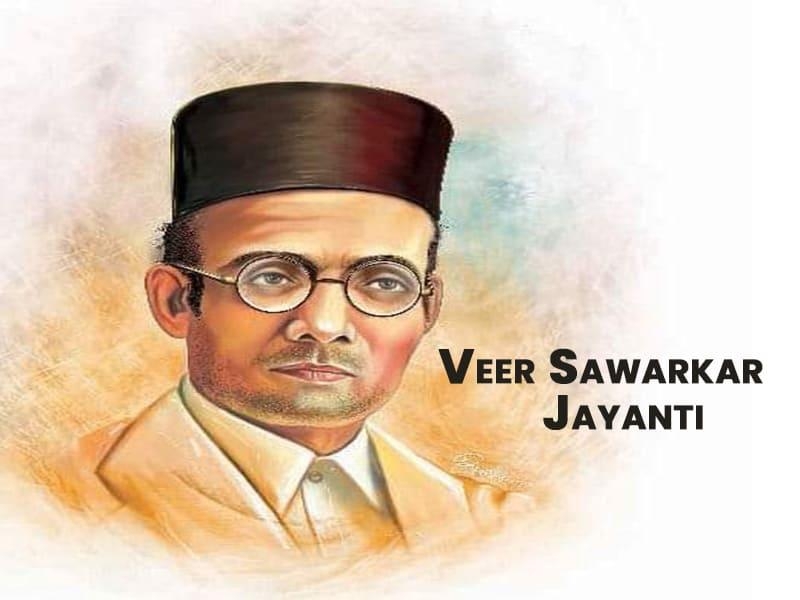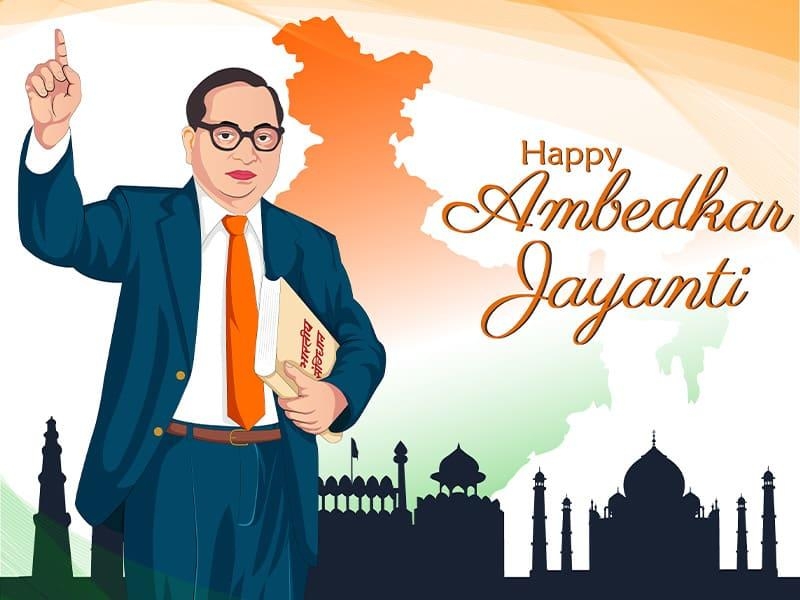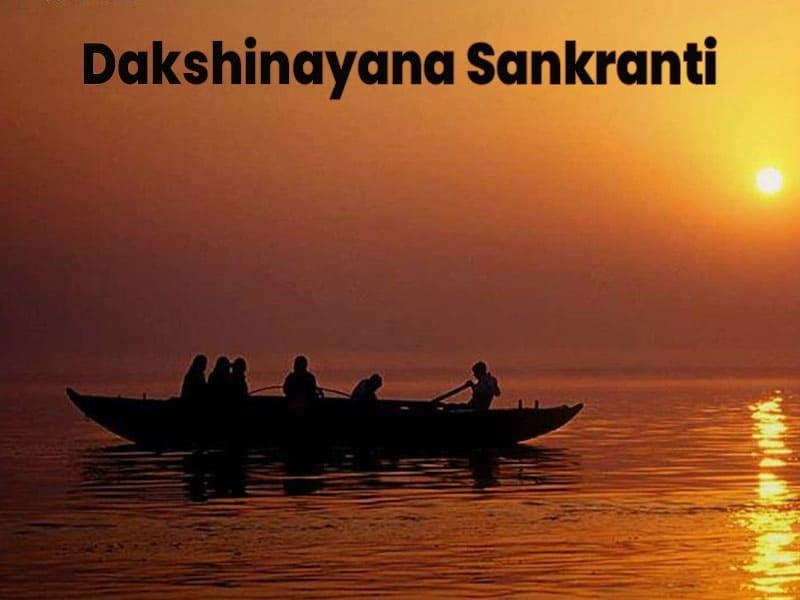- Log in
- Enquiry Form
To City (Destination)
From City
Travel Date
Travel Duration (In Days)
Adult
Child
Infant
Travel With
Hotel
Rooms
Type of Trip
Total Budget (in INR)
Ticket Booked ?
Ticket Required?
Mode of Transport
Ticket Category
I will book
Date of Birth
Gender
Marital Status
Income (Per Month)
Nationality
Preferred Language
Total countries visited so far
Do you have a Visa ?
Do you have a Passport?
Preferred Time to Call
We have identified additional inquiries related to your tour. Please review them and let us know if there are any inquiries you would like us to remove.
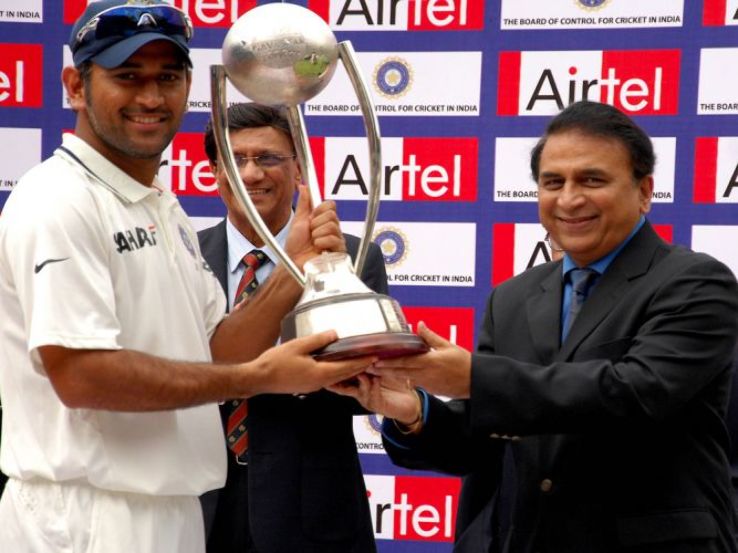
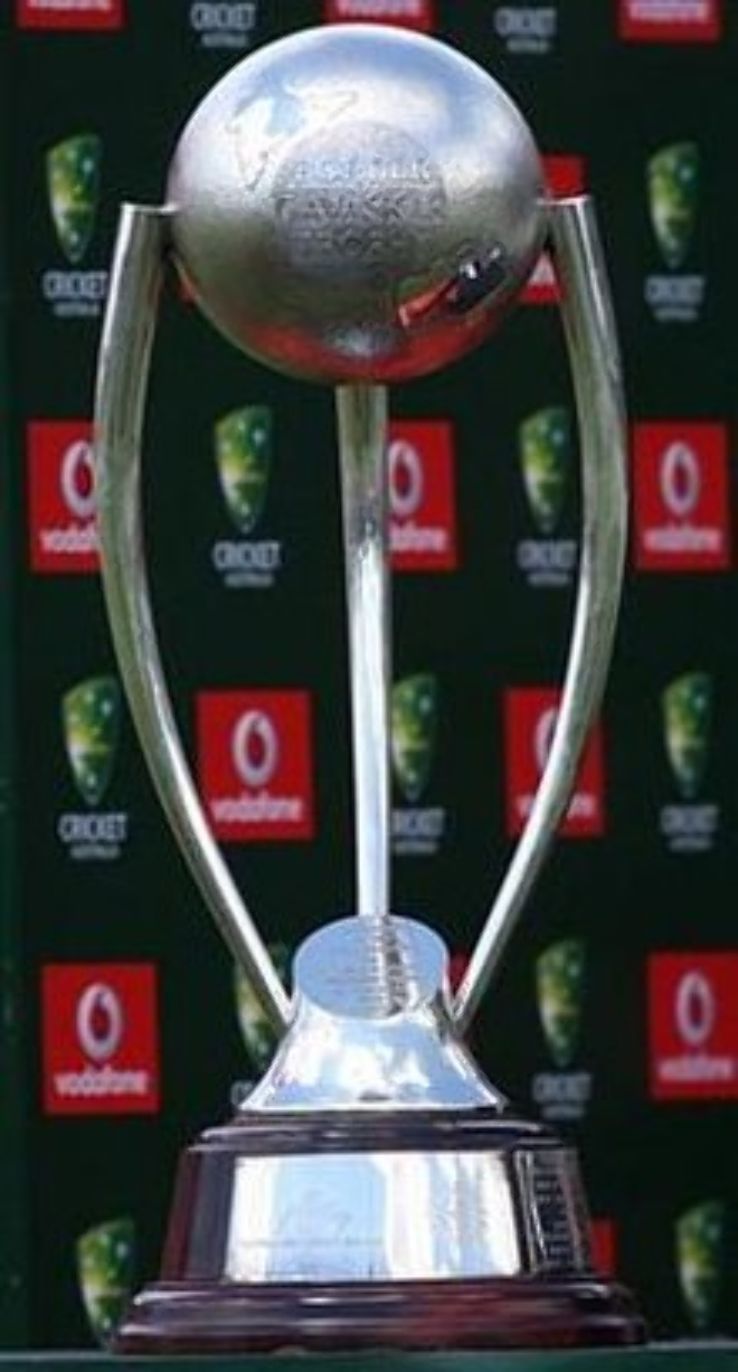
Border-Gavaskar Trophy
About Border-Gavaskar Trophy
The Border– Gavaskar Trophy is a Test cricket arrangement, played amongst India and Australia. It has seen the absolute most focused Test arrangement played as of late, with ious outcomes being a limited win for one of the sides or a nearly battled draw. It is at present played through the International Cricket Council's future visits program, with changing periods of time between matches. In the event that the arrangement is drawn, at that point the nation holding the trophy holds it. The arrangement is named after Australia's Allan Border and India's Sunil Gavaskar, who both scored more than 10,000 Test keeps running in their vocation and captained their particular groups and were the first world record holders for most runs scored in Test coordinate cricket.
The primary Border– Gavaskar Trophy arrangement was played in India the 1996– 97 season and was won by the hosts 1– 0. Australia won the trophy without precedent for the 1999– 00 season at home where they vanquished India 3– 0. From that point forward, the trophy has substituted between both the groups. Australia's inability to win the Border– Gavaskar Trophy in India prompted Steve Waugh naming the Indian visit as the "Last Frontier" for the Australian group. In 2004– 05, Australia vanquished India 2– 1 in India. Australia's typical chief, Ricky Ponting, did not play in the triumphant matches because of damage and Adam Gilchrist rather captained the triumphant sides.
In the 2008– 09 version, India vanquished Australia 2– 0 out of a four match arrangement in India to recapture the trophy. In 2010 India held the trophy by winning the two match arrangement 2– 0. Australia won the 2011– 12 arrangement 4– 0, and recovered the trophy out of the blue since 2007– 08. India gave back where its due in the 2013 arrangement by finishing a 4– 0 "whitewash" of Australia to recover the trophy, before losing it in the 2014– 15 arrangement with a 2– 0 overcome. India at that point won the arrangement 2-1 and recovered the trophy.
